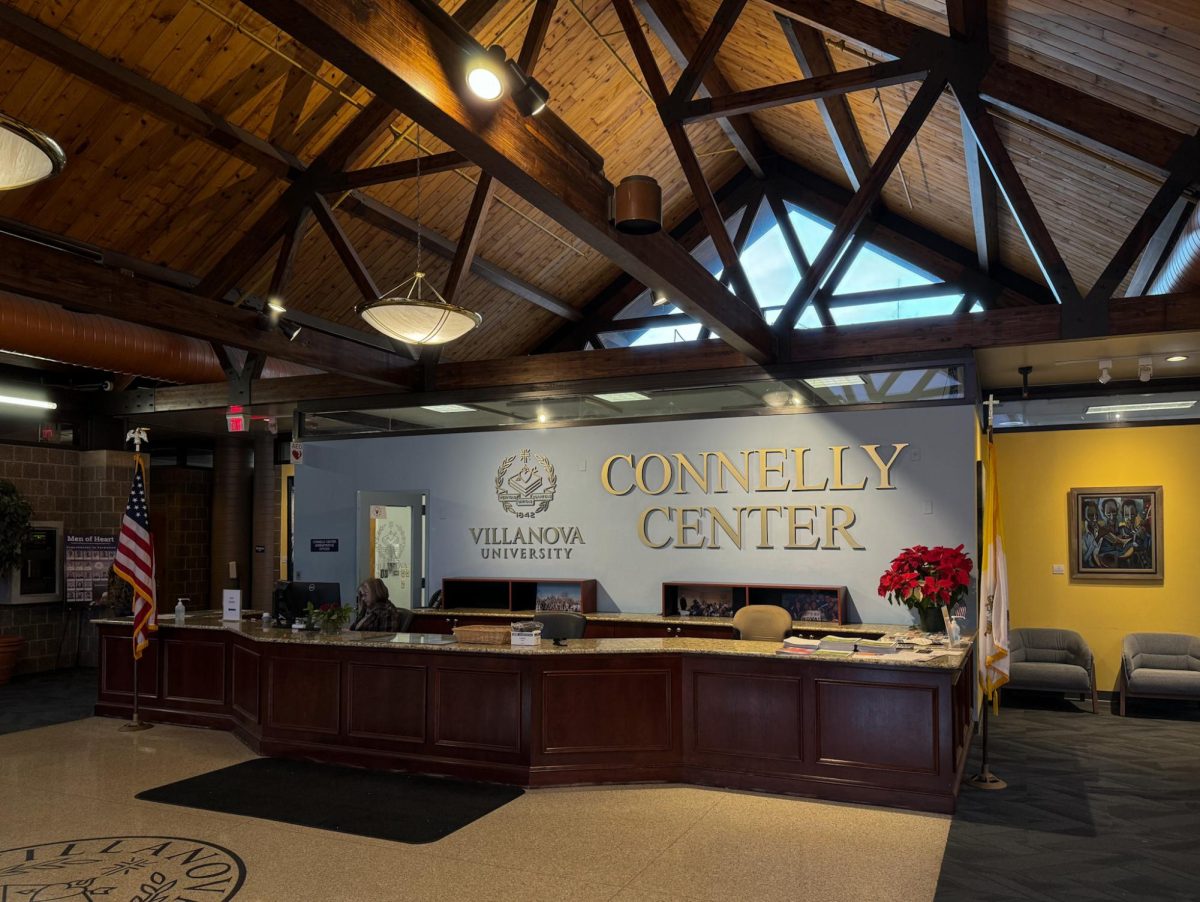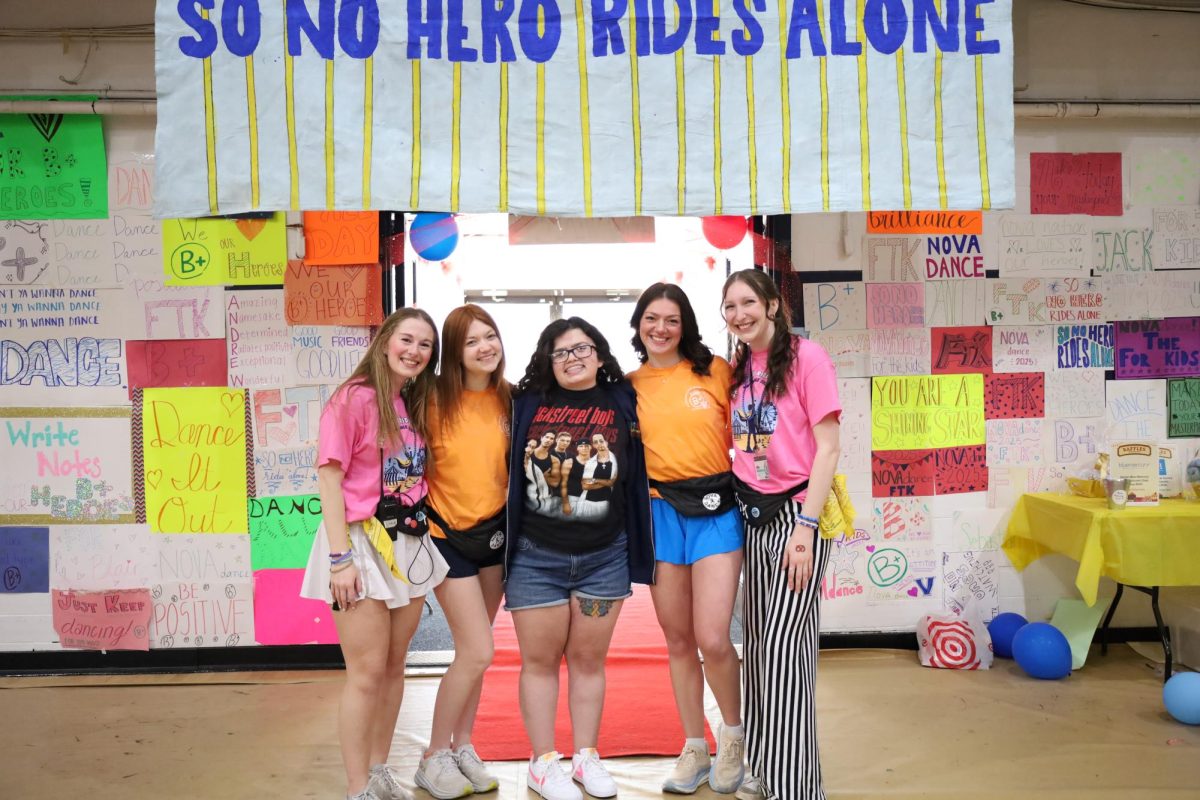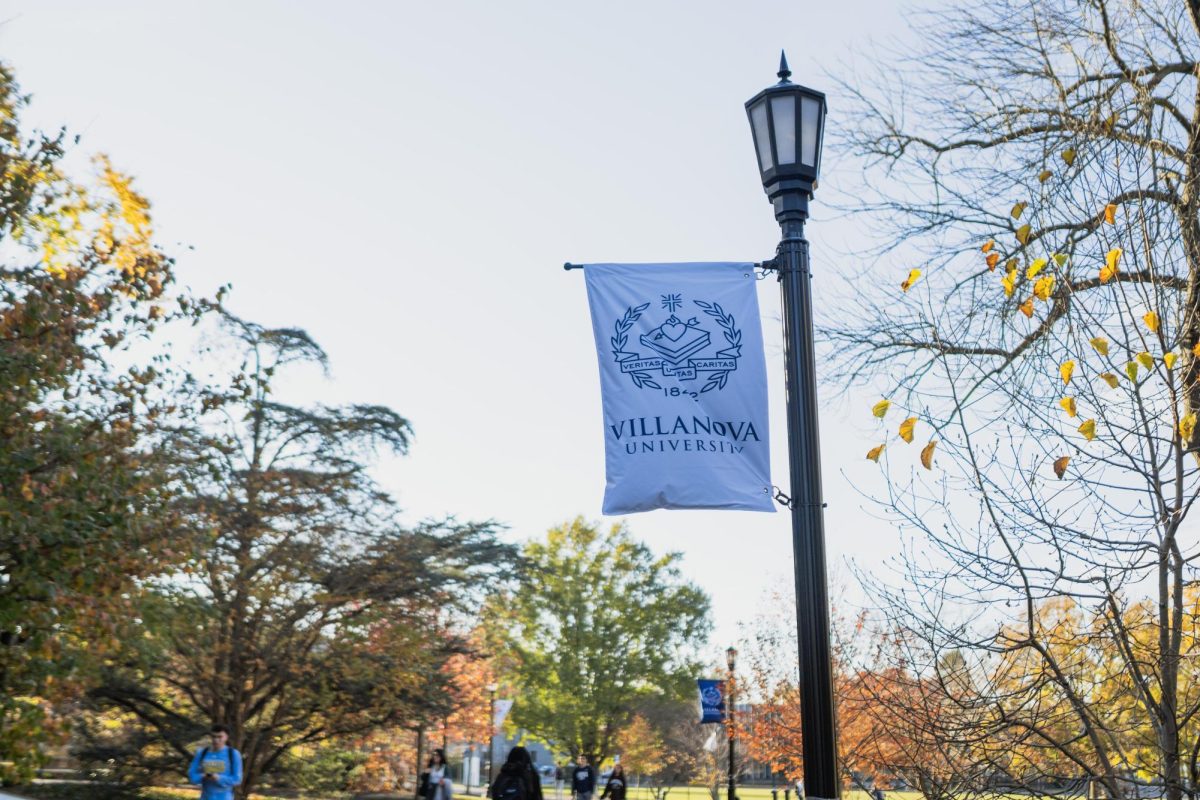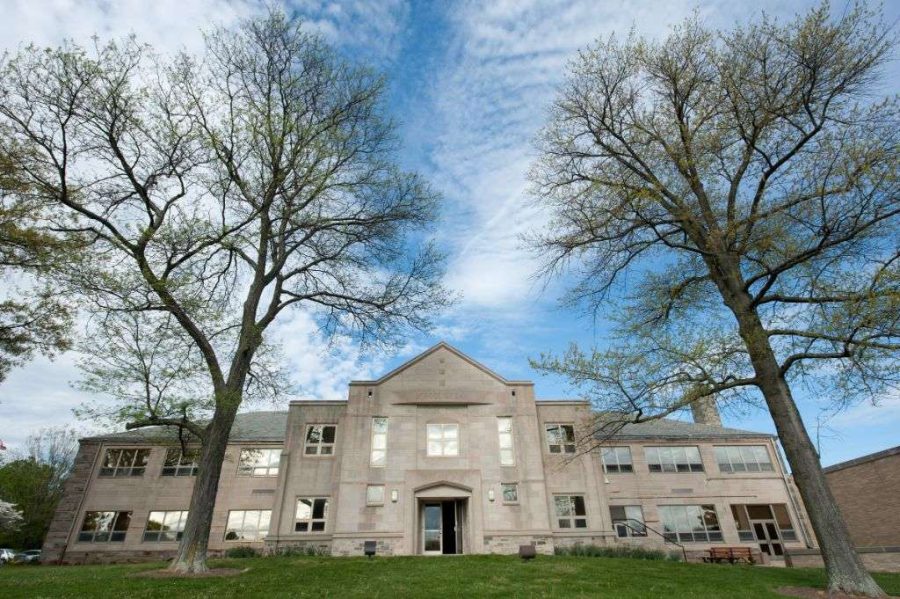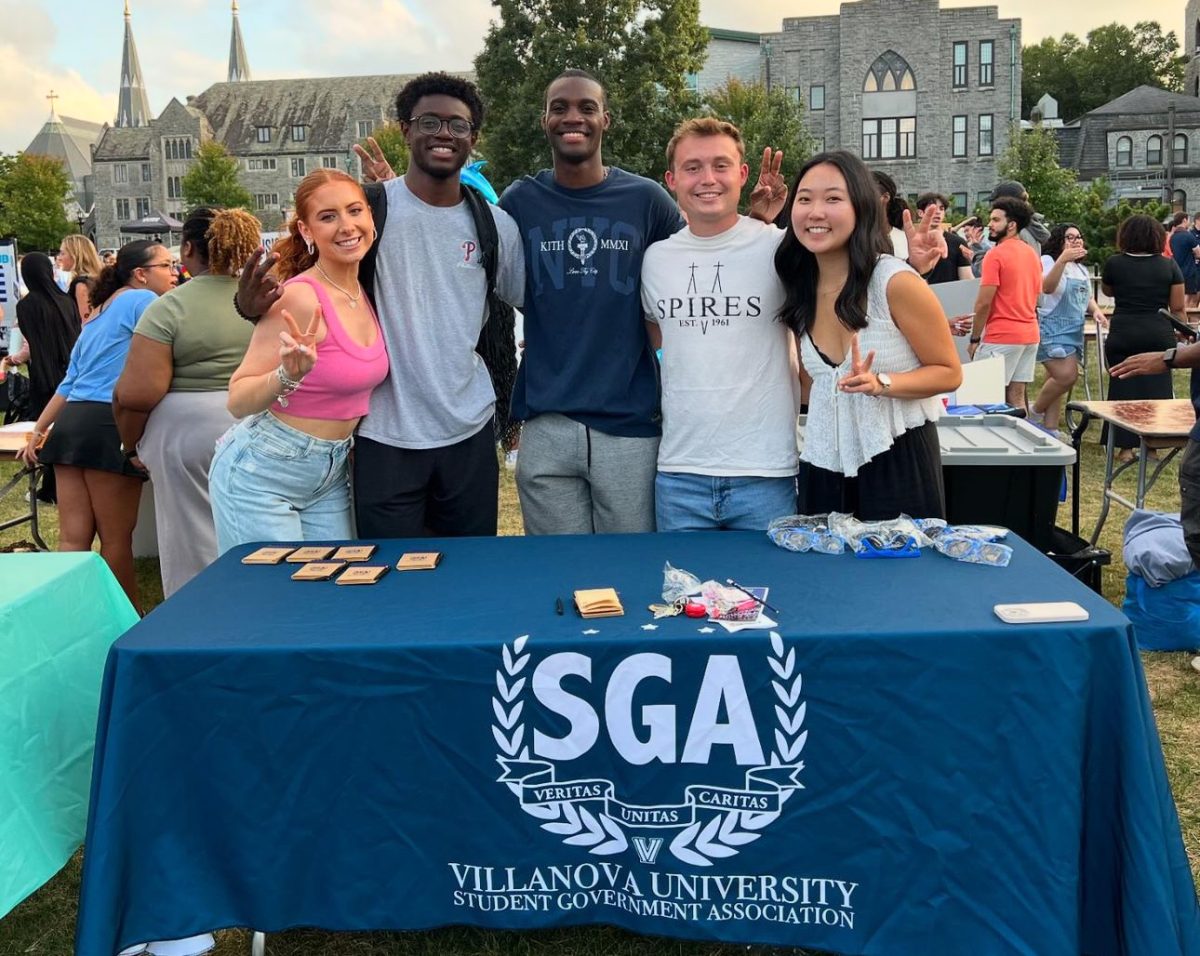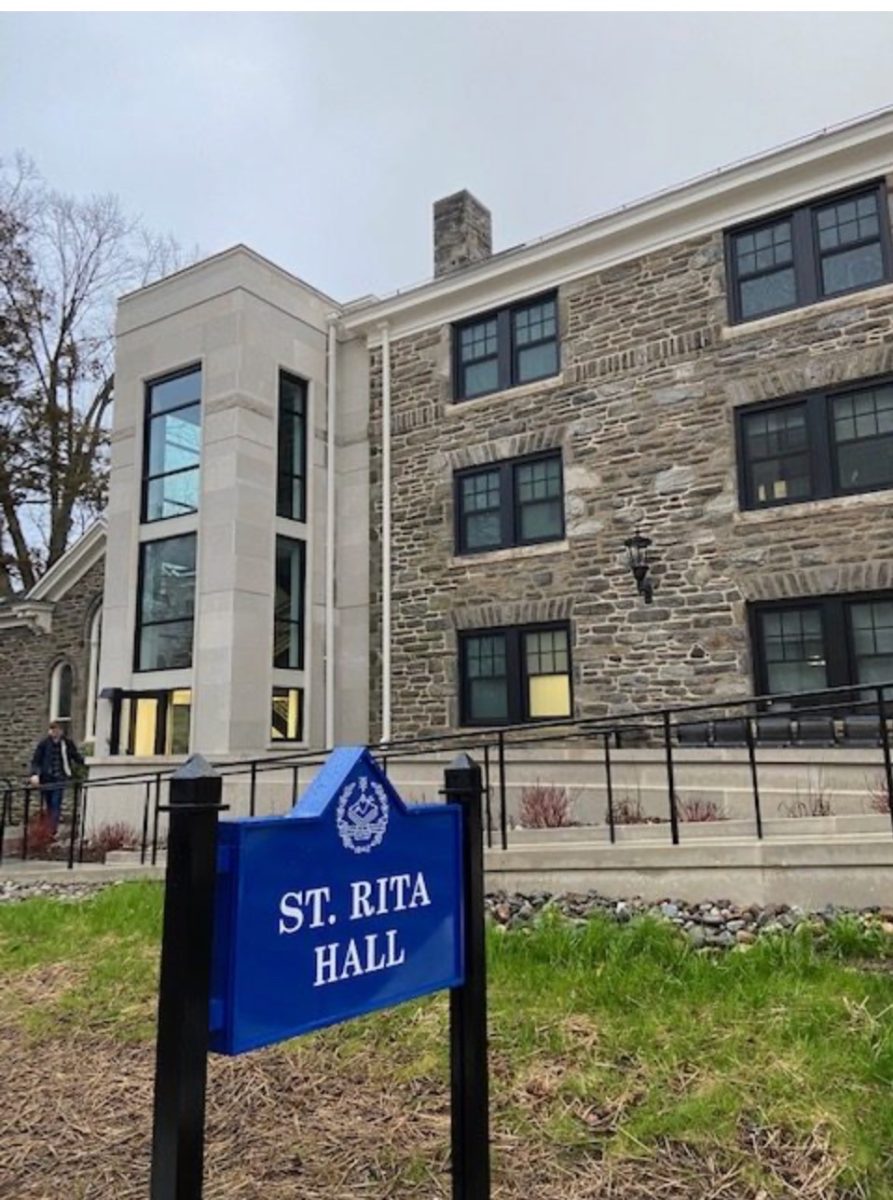On Jan. 22, the annual Martin Luther King Jr. Keynote took place in the Villanova Room in honor of Martin Luther King Jr. Day.
This event was made possible with the help of the Center of Peace and Justice Education, the Office of Belonging and Inclusion, the Career Center and additional offices on campus. This event began with performances from the Villanova Gospel Choir before the speaker for this year was introduced. This year’s host was retired Villanova faculty member Dr. Terry Nance.
Nance had been with Villanova for more than 40 years before retiring to focus on family. She is an esteemed faculty member, who helped initiate the annual keynote.
“Why is it that anytime and every time we celebrate Martin Luther King we hear the same words, ‘I have a dream?’” she asked at the beginning of her speech.
This was striking as she immediately dove into a perspective that most mention about Dr. Martin Luther King Jr. He delivered speeches, led marches and wrote letters, but those are not as acknowledged as his “I Have a Dream” speech. Interestingly enough, it was later revealed as society applied the title to his speech that that section of his speech was not initially part of it.
“What was true about dreams in 1968 when King delivered the speech are even more true today,” Nance said.
Nance emphasized how the issues and actions that King spoke out against then, in 1968 are still relevant to this day. She read excerpts from King’s book, Where Do We Go From Here: Community or Chaos? One topic that stuck out was how disinterest rises when logical steps to resolution are taken. Nance reintroduced that people are supposed to extract and apply the idea from this speech.
“What we celebrate is the idea that as a nation, the promise of the United States is real,” Nance said. “Life, liberty and the pursuit of happiness knows no race, no gender, no political party, no socioeconomic stance.”
Nance explained how there is more to King’s speech than initially recognized. Only 262 words are typically played from that speech, which is around 16% of the overall speech. That means around 84% of this speech is not usually acknowledged. From 1968 to 2025, 57 years have passed and King’s connection is still evident. King pushed the need for a shift in society that is still relevant to the public.
Nance provided background of the “I Have a Dream” Speech, the March on Washington, the Birmingham Riots and more. She was able to pivot and connect those different historical events to today.
“Even in 2025 when it seems the moral fabric of this country is being shredded, it is imperative that we remember what is invariant and that is the words that created this country,” Nance said.
Nance expressed that King was an active activist. She shared how individuals have to take action for what is happening in our society. As society members, we have a responsibility to educate ourselves and advocate for ourselves. Most importantly, we have to come together and care about each other. That is a part of King’s ongoing message.
“The keynote address made me realize the value of having a dream,” freshman Ira Nidamarthy said. “But it also taught me that there comes a time when we must stop dreaming, look around and recognize that we are all atomically the same. Then we can start having the necessary conversations and find the courage to pursue our dreams.”
Students and faculty alike were touched by Nance’s passionate keynote for King. She helped teach the community how and why his message still matters.
“Dr. Terry’s speech moved me in a way that challenges me to keep up the fight for justice and equality despite the opposition I may face,” sophomore Daiyannah Brown said. “Being an advocate comes with a price and that is a price I am willing to pay.”

